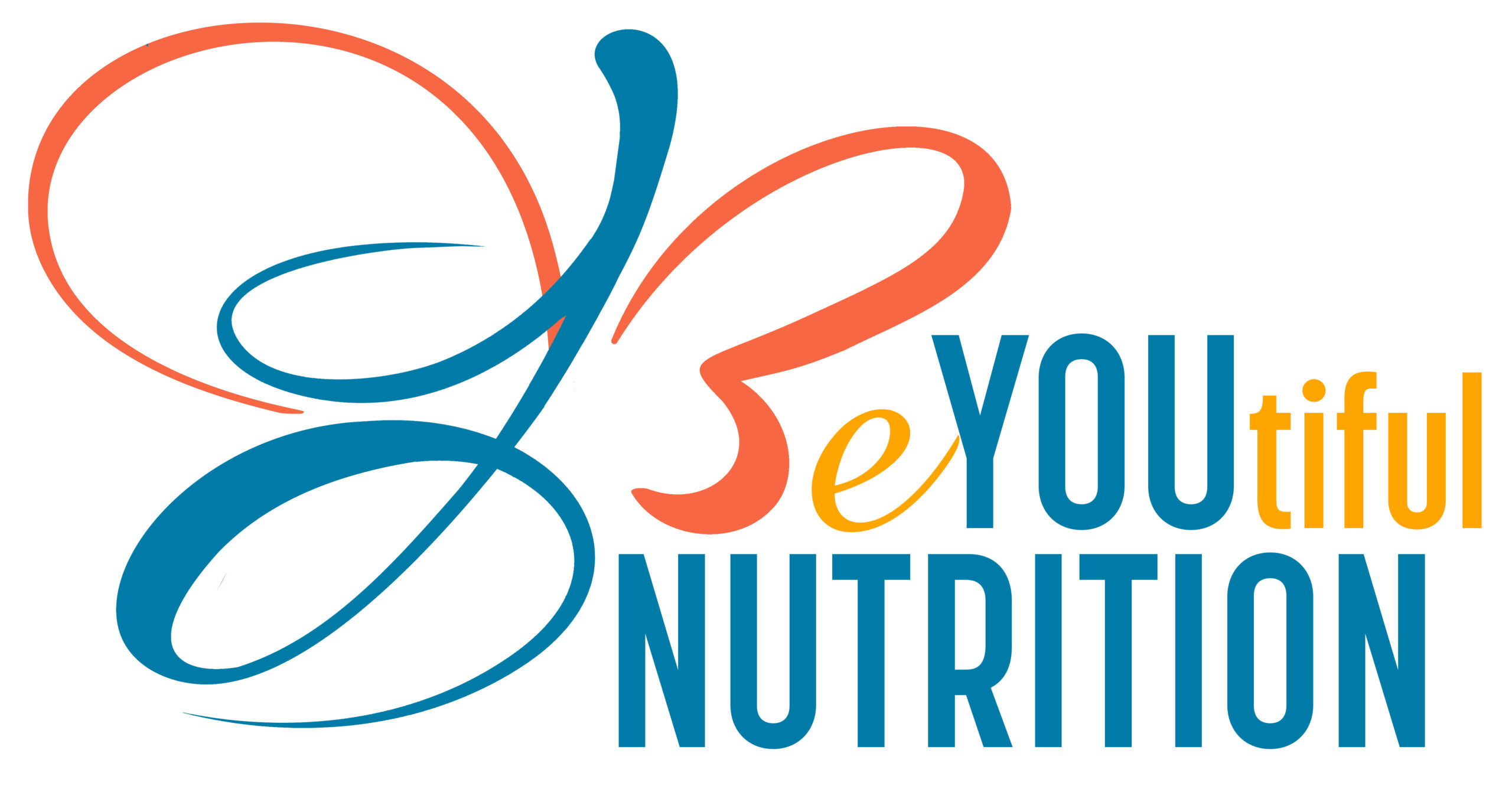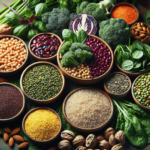
by beyoutifulnutrition | May 23, 2024 | Uncategorized
- Read food labels- choose choices with less than 7% or less of saturated fat per serving
- Limit red meat to 2x/week -substitute with fish or plant source
- Choose fat-fat or low fat dairy
- Use substitutes such as turkey sausage or bacon, salmon patties, quinoa or lentil patties
- Remove the skin of the poultry
- Limit meat for occasions or use as a condiment, accompanied by lots of vegetables (stews, stir-fries, and soups)
- To make dips and toppings: Use low-fat or nonfat cottage cheese or sour cream.
- To make salad dressings: Use nonfat yogurt or low-fat buttermilk or avocado
- Instead of oil and vinegar-based dressing; use lemon juice or flavored red wine along with Italian seasoning
IN RECIPES: reduce oil by half and use more vinegar/lemon juice with spices to flavor
- Cook in broth instead of fat
- Instead of frying/sauteing: try baking, grilling, air fryer, instant pot or use non stick pans
- Trim extra fat from meat before cooking
- Flavor beans and rice with chopped onions, garlic, and peppers instead of frying.

by beyoutifulnutrition | May 23, 2024 | Uncategorized
We need carbohydrates for fuel. By limiting those packed with calories but low in nutrition and aiming for more fruits, vegetables and whole grains, we can ensure we have the energy to tackle on our day.
- Emphasize fiber-rich fruits and vegetables. Aim for whole fresh, frozen and canned fruits and vegetables without added sugar. Other options are fruit juices and dried fruits, which are concentrated sources of natural sugar and therefore have more calories. Whole fruits and vegetables also add fiber, water and bulk, which help you feel fuller on fewer calories.
- Choose whole grains. Whole grains are better sources than refined grains of fiber and other important nutrients, such as B vitamins. Refined grains go through a process that strips out parts of the grain — along with some of the nutrients and fiber.
- Stick to low-fat dairy products. Milk, cheese, yogurt and other dairy products are good sources of calcium and protein, plus many other vitamins and minerals. Consider the low-fat versions, to help limit calories and saturated fat. And beware of dairy products that have added sugar.
- Eat more legumes. Legumes — which include beans, peas and lentils — are among the most versatile and nutritious foods available. They are typically low in fat and high in folate, potassium, iron and magnesium, and they contain beneficial fats and fiber. Legumes are a good source of protein and can be a healthy substitute for meat, which has more saturated fat and cholesterol.
- Limit added sugars. Added sugar probably isn’t harmful in small amounts. But there’s no health advantage to consuming any amount of added sugar. The Dietary Guidelines for Americans recommends that less than 10 percent of calories you consume every day come from added sugar.







